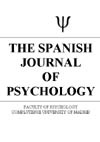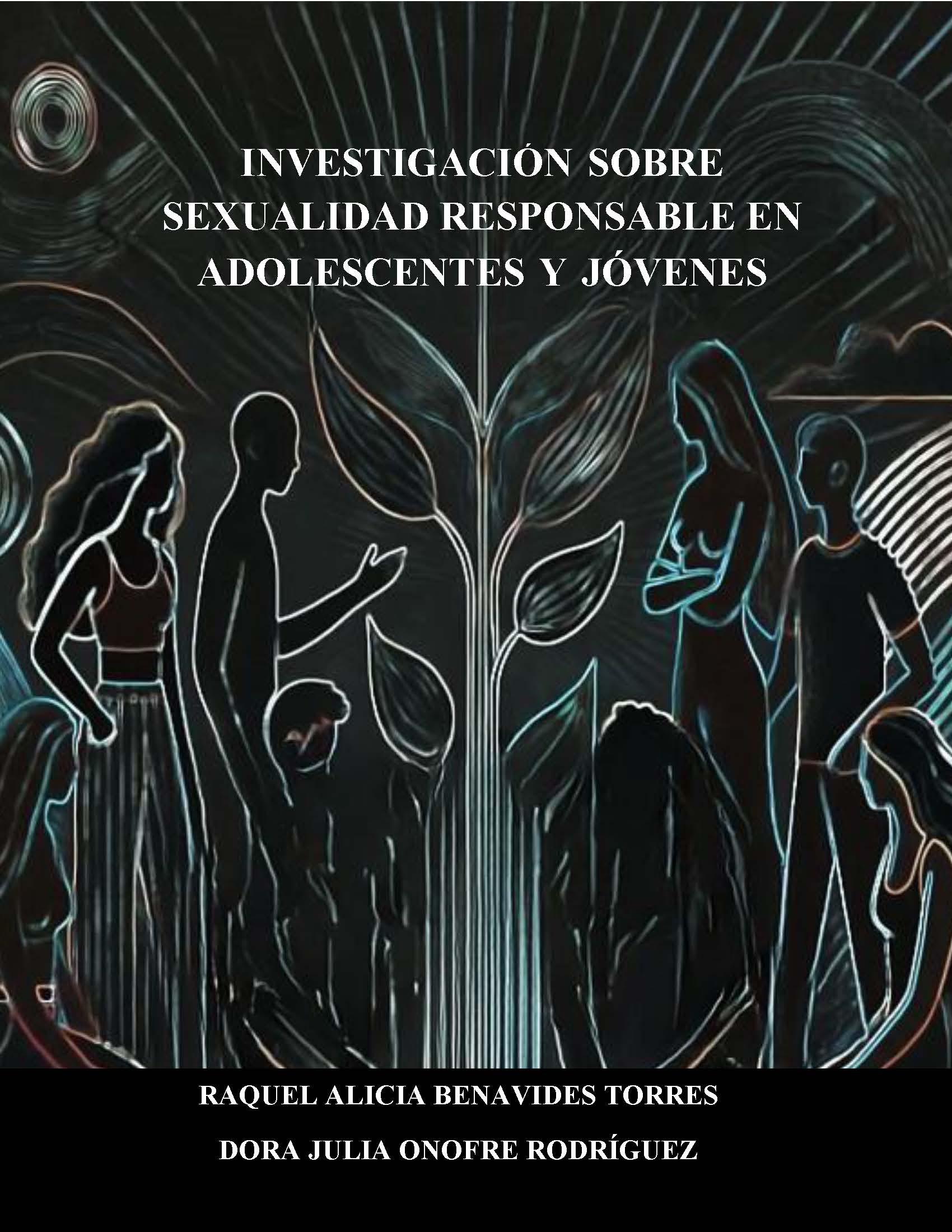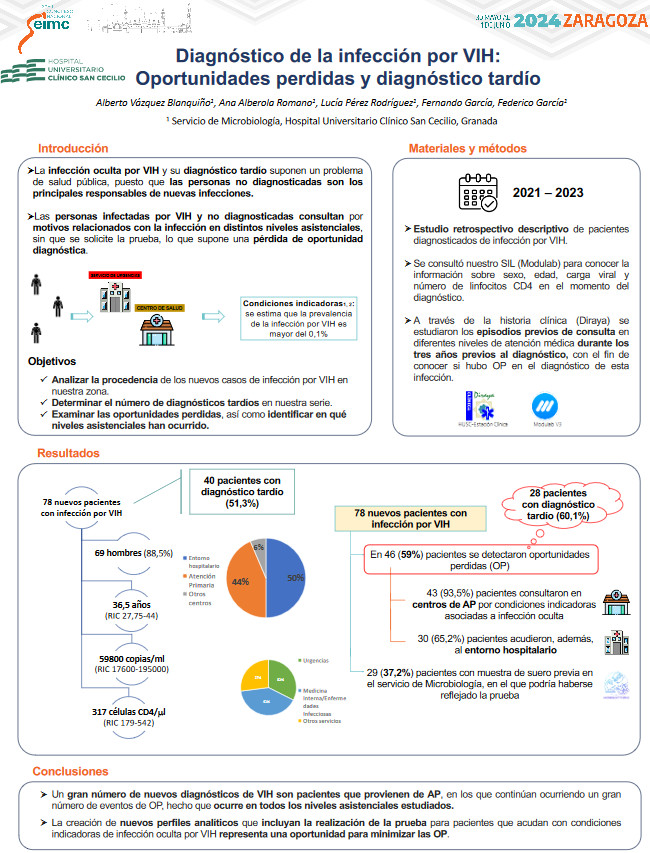Resumen
The aim of this study was to analyze the differences in psychosocial risk variables for HIV as a function of sexual experience in an adolescent population. The study sample consisted of 846 adolescents of both sexes aged between 14 and 19 years. Participants responded to several questionnaires that assessed four psychosocial variables related to risk sexual behavior for HIV infection: 1) perception of peer group norms, 2) condom use self-efficacy, 3) attitudes towards condom use and 4) parental communication about sexuality, STIs, HIV and pregnancy. Participants in both groups with sexual experience (with and without penetration) reported better communication with their mothers on sexuality and scored higher in positive attitudes towards condom use than those in the group without sexual experience. The sexual experience with penetration group perceived more negative peer group norms related to safe sexual behavior than the group without sexual experience; the group without sexual experience had a higher perception of condom use self-efficacy than the sexual experience with penetration group. (Extraído del documento)






